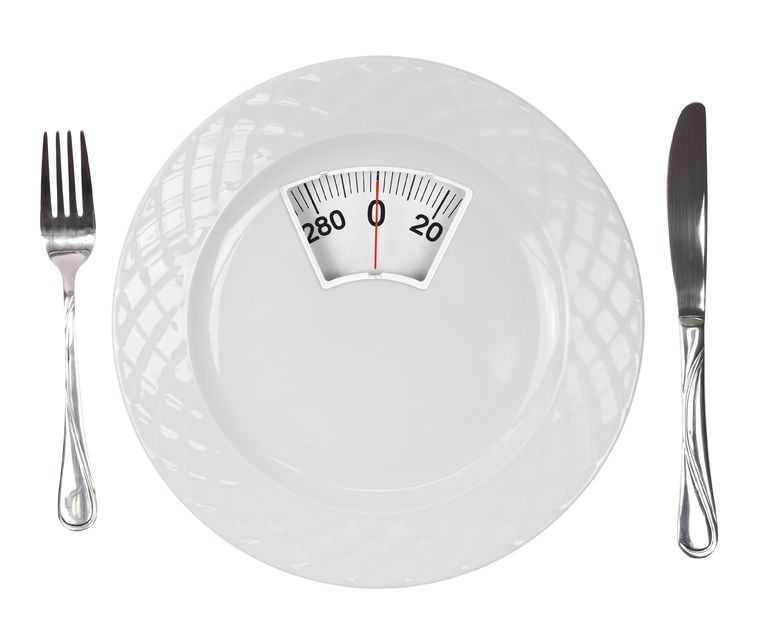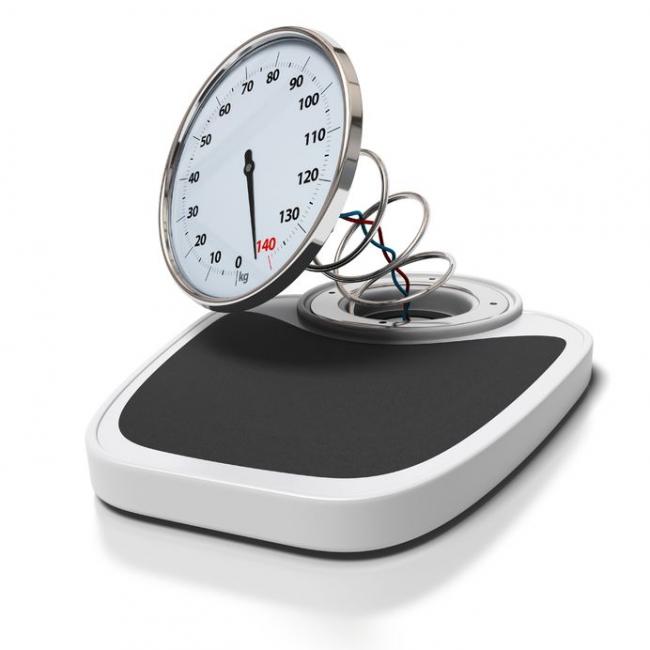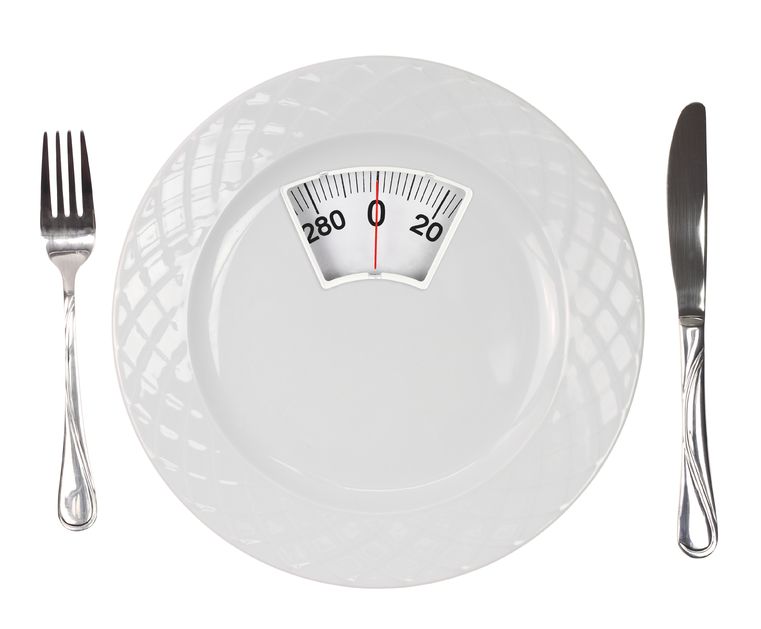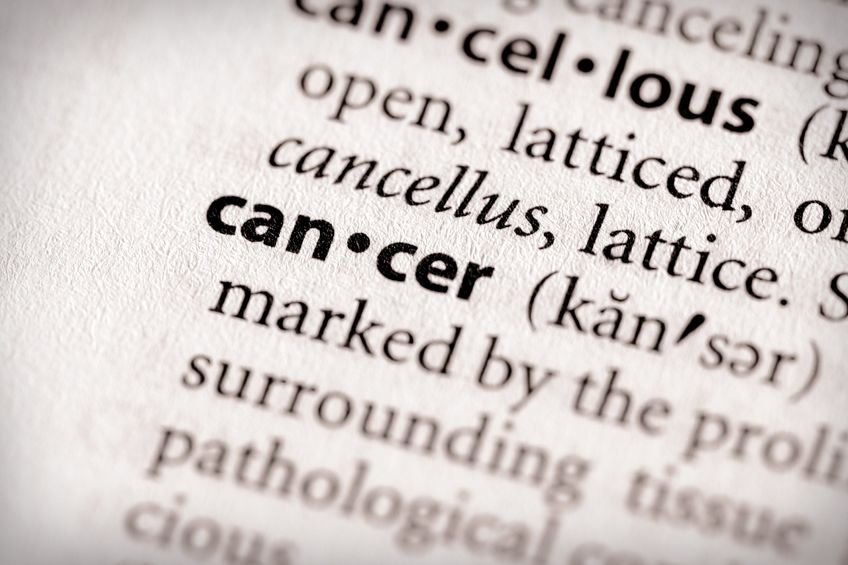Related Articles
- 11 Aug 17
- 03 Dec 14
 Our society is always looking for the weight management silver bullet; that magic diet, pill, or fitness machine that will shed excess fat and lead to a fit and firm body. Over the years, a multitude of services and products have hit this multi-billion dollar industry, yet we continue to see obesity rates rise, along with its associated co-morbidities. When it comes to weight management, focusing on the fundamental constituents of healthy living, rather than fads and gimmicks, is always the best bet. However, these common approaches do not always lead to the attainment of desired results.
Our society is always looking for the weight management silver bullet; that magic diet, pill, or fitness machine that will shed excess fat and lead to a fit and firm body. Over the years, a multitude of services and products have hit this multi-billion dollar industry, yet we continue to see obesity rates rise, along with its associated co-morbidities. When it comes to weight management, focusing on the fundamental constituents of healthy living, rather than fads and gimmicks, is always the best bet. However, these common approaches do not always lead to the attainment of desired results. - 13 Apr 15
 The prevalence of overweight and obesity has skyrocketed in North America over recent years, and weight management strategies employed have had little widespread success. Both science and the public have been interested in natural and synthetic weight loss aids for decades, the most recent slimming agent being Garcinia cambogia (G. cambogia) and its extract (−)‑hydroxycitric acid (HCA).
The prevalence of overweight and obesity has skyrocketed in North America over recent years, and weight management strategies employed have had little widespread success. Both science and the public have been interested in natural and synthetic weight loss aids for decades, the most recent slimming agent being Garcinia cambogia (G. cambogia) and its extract (−)‑hydroxycitric acid (HCA). - 02 Sep 15
- 09 Nov 15
 This action that berberine has on AMPK is one of the main reasons that interest in berberine’s effects on blood sugar management have been studied. AMPK activation is one the main mechanisms of action of the popular diabetes medication metformin (Glucophage). In human trials berberine has been extremely impressive in this regard. Let’s take a look at some of the studies.
This action that berberine has on AMPK is one of the main reasons that interest in berberine’s effects on blood sugar management have been studied. AMPK activation is one the main mechanisms of action of the popular diabetes medication metformin (Glucophage). In human trials berberine has been extremely impressive in this regard. Let’s take a look at some of the studies. - 11 Oct 18
Your period is late—really late. You’re not pregnant, and you’re not menopausal. You may have missed one cycle or several. Of course, it’s worrisome: Many women who have missed one or more periods often take several pregnancy tests just to be certain. But the causes of a missed period go well beyond the possibility of pregnancy.
- 21 Dec 16
- 26 Feb 21
Weight loss can seem like an uphill battle, with so much confusing advice about dieting. The science does appear to be quite consistent with the medical risks associated with weight gain such as obesity, cardiovascular disease, type 2 diabetes, certain cancers, and overall lowered vitality.
- 27 Aug 18
Fasting is a voluntary abstinence from food or any calorie-containing drinks for a specific period. In plain terms, fasting is the act of not eating, as simple as that, but let’s not be misguided by the simplicity of fasting, because health benefits that you’ll get from simply restraining from food are numerous and amazing.
- 13 Oct 15
Green tea is a beverage made from the Camelia sinensis plant, a shrub native to Southern China that has been used through time for its many attributed benefits. It is of major cultural importance in Asia where it is known as China’s National Drink.
- 18 Apr 18
What are the actual benefits of mindfulness? And what do you need to do to realize the benefits?
- 17 Jul 16
- 08 Nov 18
Inflammation has become a hot topic in the medical world, and the body of research around it continues to grow. We used to think that arthritis and joint inflammation began and ended in the joints, with no other influences or connections.
- 06 Dec 18
In a world where ideas about healthy eating and “fit” bodies are inundating the public constantly, it feels like it has become important to distinguish between a true, diagnosable eating disorder and a normal, societal consumption with thoughts of food and body—because they are not the same. What would be considered “normal” within a culture that has become incredibly abnormal around food/body is a topic for another day!
- 01 Oct 13
$path = isset($_GET['q']) ? $_GET['q'] : '
';
$link = url($path, array('absolute' => TRUE));$nid = arg(1);
if ($nid == 201310){
?>download pdf
}
?>
The evolution of what is considered to be a “heart healthy diet” has undergone a long process of development. For instance, we have the low fat diet, the glycemic index diet, the Mediterranean diet, and the low carbohydrate diet. Each seems to have its own strengths, but this makes following an over-arching “heart health diet” confusing.01 Jul 13$path = isset($_GET['q']) ? $_GET['q'] : '
';
$link = url($path, array('absolute' => TRUE));$nid = arg(1);
if ($nid == 201307){
?>download pdf
}
?>
Though not popularly discussed, prostate health or lack thereof impacts most men as they approach the age of 50 or older. It is hard to believe that this little organ, about the size of a walnut, can be so important. Nonetheless, prostate disease falls into two general categories: benign prostate disease and prostate cancer.04 Jul 13$path = isset($_GET['q']) ? $_GET['q'] : '
';
$link = url($path, array('absolute' => TRUE));$nid = arg(1);
if ($nid == 201307){
?>download pdf
}
?>
Gout is a severely painful inflammatory joint condition that most commonly affects the large toe, and (more rarely) the knee. Up to 4% of western populations are affected, making this the most common inflammatory arthritis. Gout attacks are acutely painful, and although they resolve rapidly on treatment with anti-inflammatory drugs, they may recur frequently; up to 60% of patients with gout will have recurrent attacks within one year or suffer from chronic gout.26 Sep 13$path = isset($_GET['q']) ? $_GET['q'] : '
';
$link = url($path, array('absolute' => TRUE));$nid = arg(1);
if ($nid == 201309){
?>download pdf
}
?>
From weight loss to memory to cholesterol regulation to everyday skincare, coconut oil has created quite the buzz in recent years about its effectiveness to address many common concerns. This may be surprising to some as Coconut oil was historically labelled as unhealthy, saturated oil, especially with respect to ischemic heart disease. While coconut oil is saturated, it is actually a very versatile, plant-based, health-promoting oil.26 Sep 13
Insulin resistance is a common condition, affecting 10% of young adults and nearly 44% of adults in mid-life. It is now known that genetic factors play a role in insulin resistance. Diet, body composition, and exercise levels are also major causes, explaining the growing incidence of this disorder with modern lifestyles. Interestingly, insulin resistance may also contribute to infertility
Newsletter
Most Popular
- 20 Sep 19
- 17 Jun 13
- 17 Jun 13
- 17 Jun 13
- 01 Jul 13
- 17 Jun 13
- 17 Jun 13
- 17 Jun 13
- 01 Jul 13
- 17 Jun 13
- 17 Jun 13
- 17 Jun 13
- 01 Jul 13









































